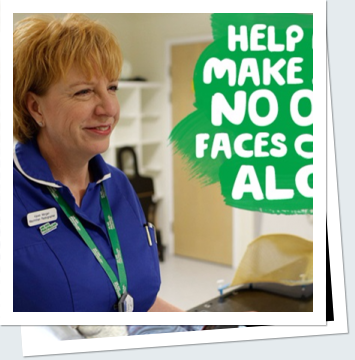Is your child an early riser?

It is often a bit of a problem if your child wakes early. While it's great that they sleep through the night you don't want them to wake too early in the morning. If they do it means it is a very long day for your child, they often can't wait for their first nap, they can be unhappy due to tiredness and it disrupts everyone else's sleep in the family. But you don't have to live with an early riser. There are a number of ways to sort the problem and if you are consistent and patient it should get better.
How do you know if you have an early riser as parents can have different expectations but I have always considered a 6:30/7am wake up time as acceptable. Before 6:30am is too early but after 7am is too late. You can teach your baby or child the acceptable time to get up by considering the following factors:
- Keeping to a consistent routine which is the 'right' routine for your child's age.
- Making sure bedtime is an appropiate time.
- Having a plan of action if your baby wakes early or your child gets out of bed.
- Making sure your baby and child has had a good dose of fresh air and stimulation through the day.
- They have not napped too much or too late during the day.
- You and everyone caring for your child is on the same hymn sheet, that could include your child's nursery staff or nanny.
- Your child has everything they need overnight i.e. warmth, a small drink, their comforter, a ventilated room ....
Don't expect results to come immediatey. Make the changes and keep going as with consistency and time it should sort itself.











